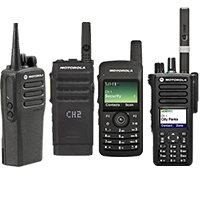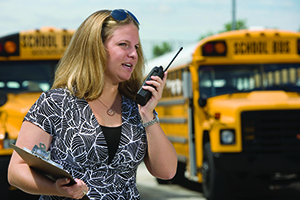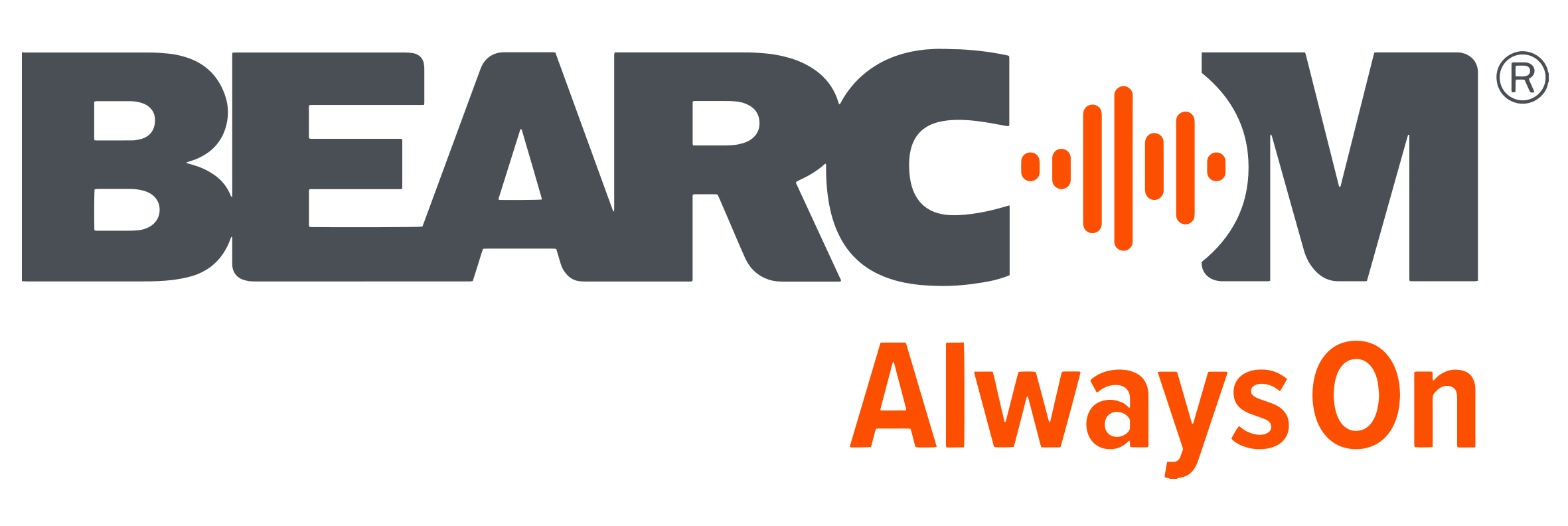If you buy the right two-way radios (walkie-talkies), they can transform your business, making it safer, stronger and better at keeping customers happy. If you buy the wrong radios, they can collect  dust on a shelf and render your investment worthless.
dust on a shelf and render your investment worthless.

 MOTOROLA, MOTOROLA SOLUTIONS and the Stylized M Logo are trademarks or registered trademarks of Motorola Trademark Holdings, LLC and are used under license. All other trademarks are the property of their respective owners. ©2015 Motorola Solutions, Inc. All rights reserved.
MOTOROLA, MOTOROLA SOLUTIONS and the Stylized M Logo are trademarks or registered trademarks of Motorola Trademark Holdings, LLC and are used under license. All other trademarks are the property of their respective owners. ©2015 Motorola Solutions, Inc. All rights reserved.
 dust on a shelf and render your investment worthless.
dust on a shelf and render your investment worthless.
Two-Way Radios for Business
The prime appeal of two-way radios for business is the ability to push one button and talk to someone or a whole team immediately. This basic communications capability is absolutely essential in many enterprises, but may not be of much value in some operations. The key is figuring out where your organization lies on this communications continuum. Answering the following seven questions can help ensure you make the smartest decision when you’re investing in two-way radios. 1. How do my employees communicate now? Most business communications happen via landline phones, cellphones, email, texting -- or face-to-face. Let’s look at the limits of each:- Landline phones require a fixed location.
- Cellphones are more mobile, but less durable and reliable in many locations.
- Texting and email require typing.
- Face-to-face communications can waste valuable time walking to someone's work station or trying to find the person you need.

- Hospitality
- Retail
- Health and safety
- Manufacturing
- Security
- Education
- Mining and oil exploration
- Event planning
- And more
- Radios used outdoors must be waterproof in rainy locales and dustproof in dry environments.
- Radios used near combustible materials must be rated intrinsically safe.
- Radios used in indoor settings like retail or security typically do not need extra protection against weather or explosives.
- People who work in remote locations need to be able to signal an emergency and send for help.
- People in factories and construction sites need a radio that’s rugged enough to withstand being dropped or kicked around.
- Public safety workers need radios built specifically for their needs.
- While retail employees need lightweight, comfortable radios that make it as easy as possible to talk to each other, they generally don't need to use a lot of channels to communicate .
- Police offers and security guards may need the ability to sound an alarm if they have not been heard from in a while.
- People working in heavy rains or near shallow bodies of water need a radio that can survive being completely submerged for a short time.
- In noisy workplaces, the ability to text may be an important consideration.
- Digital applications may also extend the functionality and value of your radios.
- Provide hands-free capability via headsets
- Offer discrete communications when security or privacy are important
- Provide extra power with longer-lasting batteries or battery charging stations
- Buying lots of radios – the more you own, the greater likelihood you will deal with breakdowns and damage.
- Heavy usage – some workers spend all day on their radios, so it’s more likely their radios will wear out sooner.
- Operations-critical use – some operations simply cannot afford downtime.
- Complexity – if you have a two-way for business radio network that requires added service expertise, using an experienced partner to keep the system performing smoothly is a wise investment.
About BearCom
BearCom provides a broad line of high-performance wireless communications products, services, and complete mobility solutions. Founded in 1981, BearCom is America’s only nationwide dealer and integrator of wireless communications equipment, serves customers from 29 branch offices located throughout the U.S., and employs approximately 360 people. BearCom is headquartered in the Dallas, Texas area. MOTOROLA, MOTOROLA SOLUTIONS and the Stylized M Logo are trademarks or registered trademarks of Motorola Trademark Holdings, LLC and are used under license. All other trademarks are the property of their respective owners. ©2015 Motorola Solutions, Inc. All rights reserved.
MOTOROLA, MOTOROLA SOLUTIONS and the Stylized M Logo are trademarks or registered trademarks of Motorola Trademark Holdings, LLC and are used under license. All other trademarks are the property of their respective owners. ©2015 Motorola Solutions, Inc. All rights reserved.




